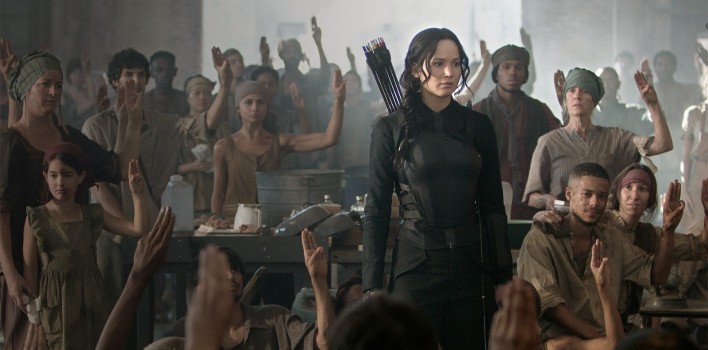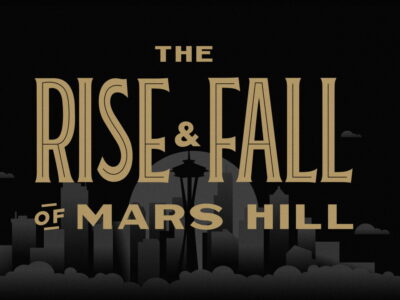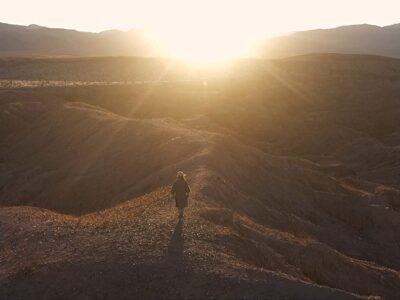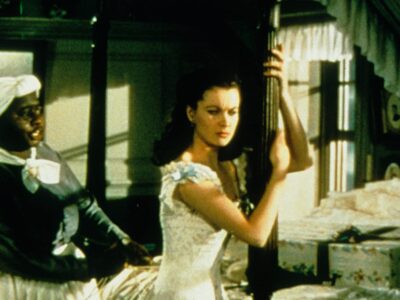Wednesday Web Link – Why the “Hunger Games” Is About Racism
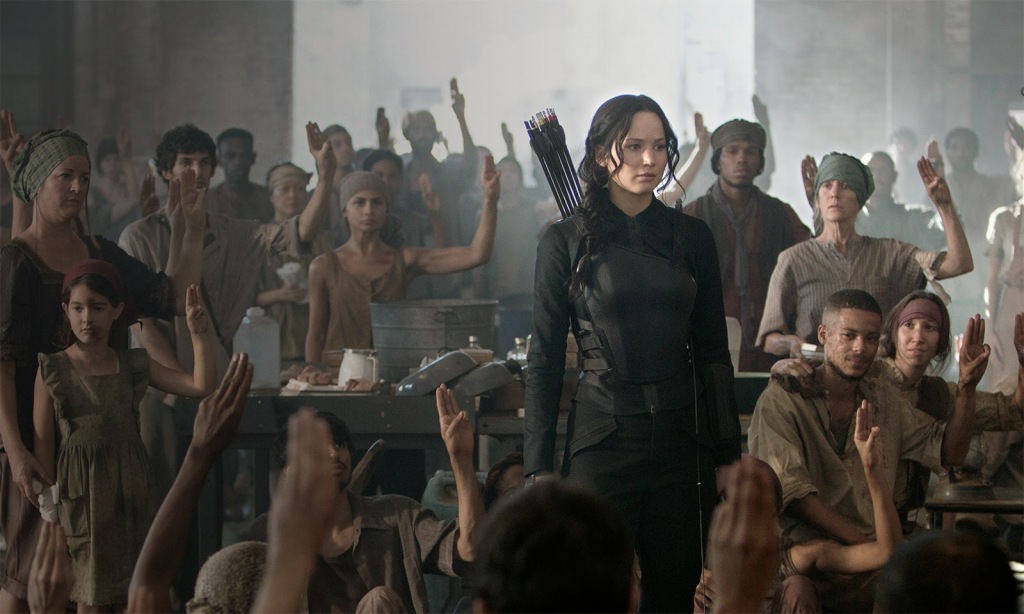 The Wednesday Web Link is our weekly feature on an article from the whole internets that is not only movie related, but a movie related article that makes you think deeper about the movies and TV you are watching. If you have an awesome article to share that plumbs the depths of movies, TV shows, and the stories we watch, let us know on Twitter at @reelworldtheo or like the Reel World Theology Facebook page or email Josh at J.A.Crabb22@gmail.com and the article could end up here!
The Wednesday Web Link is our weekly feature on an article from the whole internets that is not only movie related, but a movie related article that makes you think deeper about the movies and TV you are watching. If you have an awesome article to share that plumbs the depths of movies, TV shows, and the stories we watch, let us know on Twitter at @reelworldtheo or like the Reel World Theology Facebook page or email Josh at J.A.Crabb22@gmail.com and the article could end up here!
WEDNESDAY WEB LINK – Why the “Hunger Games” Is About Racism from Christianity Today
Happy Wednesday/Friday for all you peoples with Thursday and Friday off! It may not be your Hump Day today, but we still churn along with our mid-week link to a movie related article that piques our/your interest.
I have to apologize that today was SUPPOSED to be my review of The Hunger Games: Mockingjay Part 1, however the weather was particularly bad here in Wisconsin on Monday and Tuesday, so I did not make the trek with my buddy Addison to see the movie last night. Since I don’t have a review ready, I was not disappointed to find plenty of articles to post here about Mockingjay. One article that particularly caught my eye was Alissa Wilkinson’s article at Christianity Today on Mockingjay and Racism. It is a particularly timely article given the events of early this week surrounding the Ferguson, MO Police decision to not bring any charges against Office Darren Wilson for his role in the death of Michael Brown. 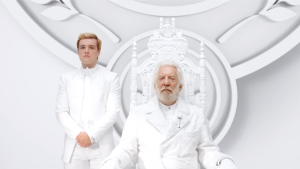
The article got its start from The Atlantic’s Imran Siddiquee writing an article about how Dystopian fantasies, focusing specifically on The Giver, The Hunger Games, and Divergent, do not address issues like racism and sexism. Wilkinson says that her students at King’s College pushed back on this notion and her article argues that Mockingjay is about racism, but is about the things that animate racism.
“Often at the core of racism is a sort of banality of evil: a system that has so shaped the imaginations of the people who were born into it that it’s difficult to notice it’s even happening. And even when we do see it, it’s hard to break free. Because seeing the truth can hurt.”
Wilkinson’s article is extremely thought-provoking and I appreciate that she is able to unearth some of the underlying themes of The Hunger Games and how it relates to systemic injustice and notions of power and privilege. Read the whole article and let her know or let us know what you think about what she wrote.
One particularly interesting point she makes as an added note at the end is that The Hunger Games does not have even a whiff of religion. It is interesting that the story is purely political, and the absence of religion as a part of the social fabric and power structures of Panem and the Districts is telling. I’m pretty sure that has something to say about what Suzanne Collins thinks and what people are being told through the narrative of The Hunger Games.
Jo sh Crabb is an editor at Reel World Theology, as well as sometimes contributor to the Reel World Theology podcast. You can connect with him on Facebook, Twitter, or on Letterboxd.
sh Crabb is an editor at Reel World Theology, as well as sometimes contributor to the Reel World Theology podcast. You can connect with him on Facebook, Twitter, or on Letterboxd.


